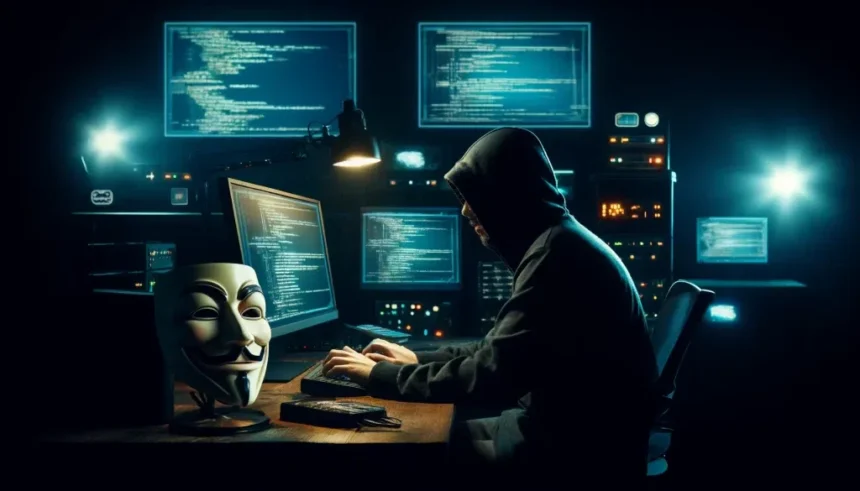Public WiFi is a convenient option for many people looking to save on mobile data while out and about. However, the risks associated with connecting to free WiFi networks are real and should not be taken lightly. In this article, we will explore the dangers of using public WiFi in Ghana (or anywhere in the world) and provide tips on how to stay safe when connecting to these networks.
- Hackers Can Steal Your Personal Data
One of the most significant risks of using public WiFi is the potential for hackers to steal your personal information. Public WiFi networks are often unsecured, making it easy for cybercriminals to intercept your online activity. Whether you are logging into social media, checking your bank account, or entering passwords, hackers can capture your login details without your knowledge.
"Man-in-the-middle" attacks are a common method used by hackers to position themselves between your device and the internet, allowing them to monitor everything you do online. This means that sensitive information like your mobile money transactions could be at risk of being intercepted by malicious actors.
- You Might Connect to a Fake WiFi Network
Hackers can set up fake WiFi hotspots that appear legitimate to unsuspecting users. For example, you may see a network named "ABC WiFi" at a restaurant, but it could actually be a trap set by cybercriminals to steal your information. Once you connect to these fake networks, hackers can track everything from your passwords to your emails and even your mobile money transactions. Before connecting to any public WiFi network, always verify its legitimacy with the business or establishment offering the service.
- Your Device Can Be Infected with Malware
Public WiFi networks are often used by hackers to spread viruses and malware to unsuspecting users. Once you connect to a compromised network, your device could become infected with spyware or ransomware, putting your personal files, messages, and even mobile banking apps at risk. Some forms of malware can even lock your files until you pay a ransom, leading to potential data loss and financial implications.
- Cybercriminals Can Hijack Your Accounts
If you use auto-login features on websites like Facebook, Twitter, or Gmail, hackers can exploit this vulnerability to hijack your accounts. Once they gain access, they can impersonate you online, send scam messages to your contacts, access your emails, or change your passwords. If you use the same password for multiple accounts, hackers could potentially take over all of your online accounts, including your work email, streaming services, and even your bank app.
- Your Private Conversations Aren’t Private
When using public WiFi, your private conversations, messages, and transactions are vulnerable to interception by cybercriminals. Hackers can spy on your messages, emails, and online activities in real-time, potentially exposing you to identity theft, fraud, or blackmail. If you discuss sensitive information or conduct confidential business deals on public WiFi, you could be putting yourself at risk of data compromise.
To stay safe when using public WiFi, consider the following tips:
- Use a VPN to encrypt your data and protect your online activities from prying eyes.
- Avoid logging into sensitive accounts like banking or social media when connected to public WiFi.
- Disable auto-connect features on your devices to prevent them from automatically joining unknown networks.
- Forget the network after use to prevent your device from automatically reconnecting to potentially unsafe networks.
- Use your mobile data instead of public WiFi whenever possible to reduce the risks associated with using unsecured networks.
In conclusion, while public WiFi may offer convenience and cost savings, the security risks associated with these networks are significant. From stolen passwords to hacked accounts, the dangers of using public WiFi are real and should not be overlooked. By staying vigilant, following best practices for online security, and thinking twice before connecting to public WiFi networks, you can protect yourself from potential cyber threats. Would you still use free WiFi after reading this? Share your thoughts in the comments.








